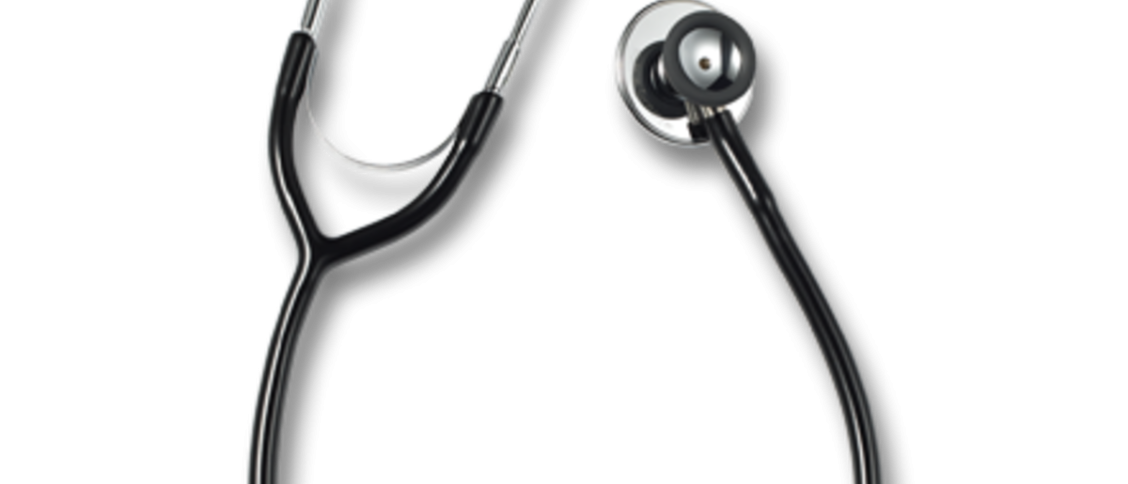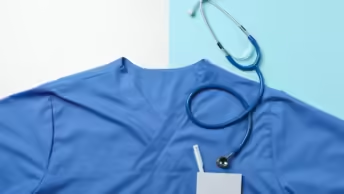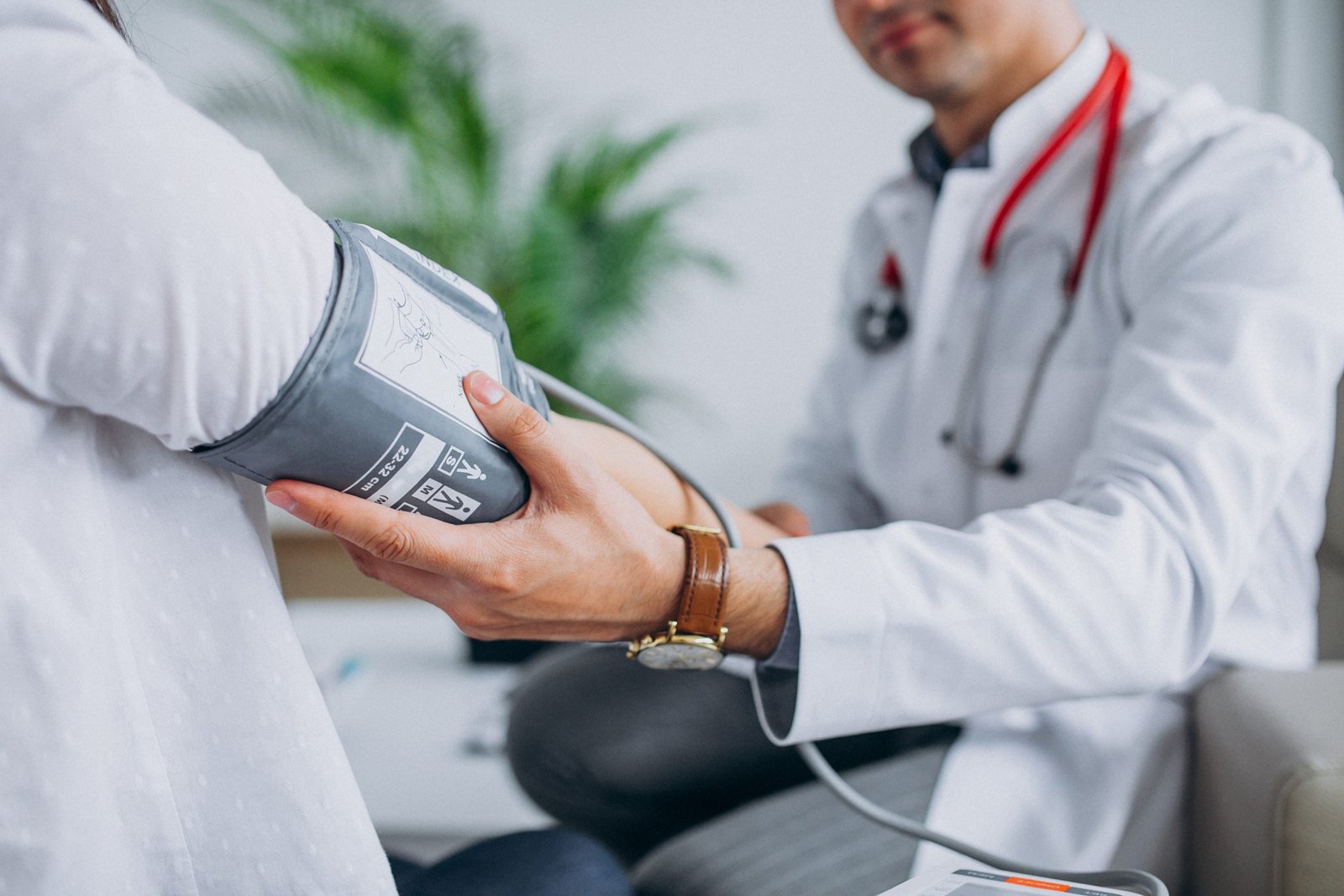Caring for patients at home requires different types of medical equipment to ensure their safety, comfort, and well-being. The specific equipment needed can vary depending on the patient’s condition and the care they require. However, here are five essential medical equipment items that can be necessary for home care:
Hospital Bed: A hospital bed is adjustable, making it easier to position the patient for comfort and care. It often comes with features like side rails, which can help prevent falls, and adjustable height to aid in transferring the patient. You can use either hospital electric beds or manual hospital beds.
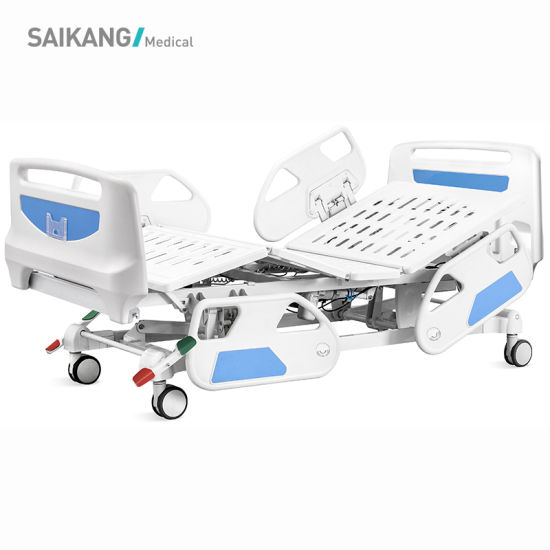
Wheelchair or Mobility Aids: Depending on the patient’s mobility, a wheelchair, walker, or cane may be necessary for safe and comfortable movement within the home. These devices can enhance mobility and reduce the risk of falls.
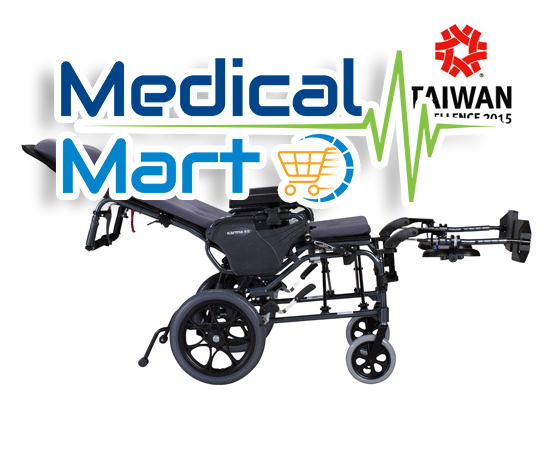
Oxygen Equipment: Patients with respiratory conditions may require oxygen equipment, such as oxygen concentrators, portable oxygen tanks, or nebulizers. These devices provide a consistent oxygen supply to support breathing.
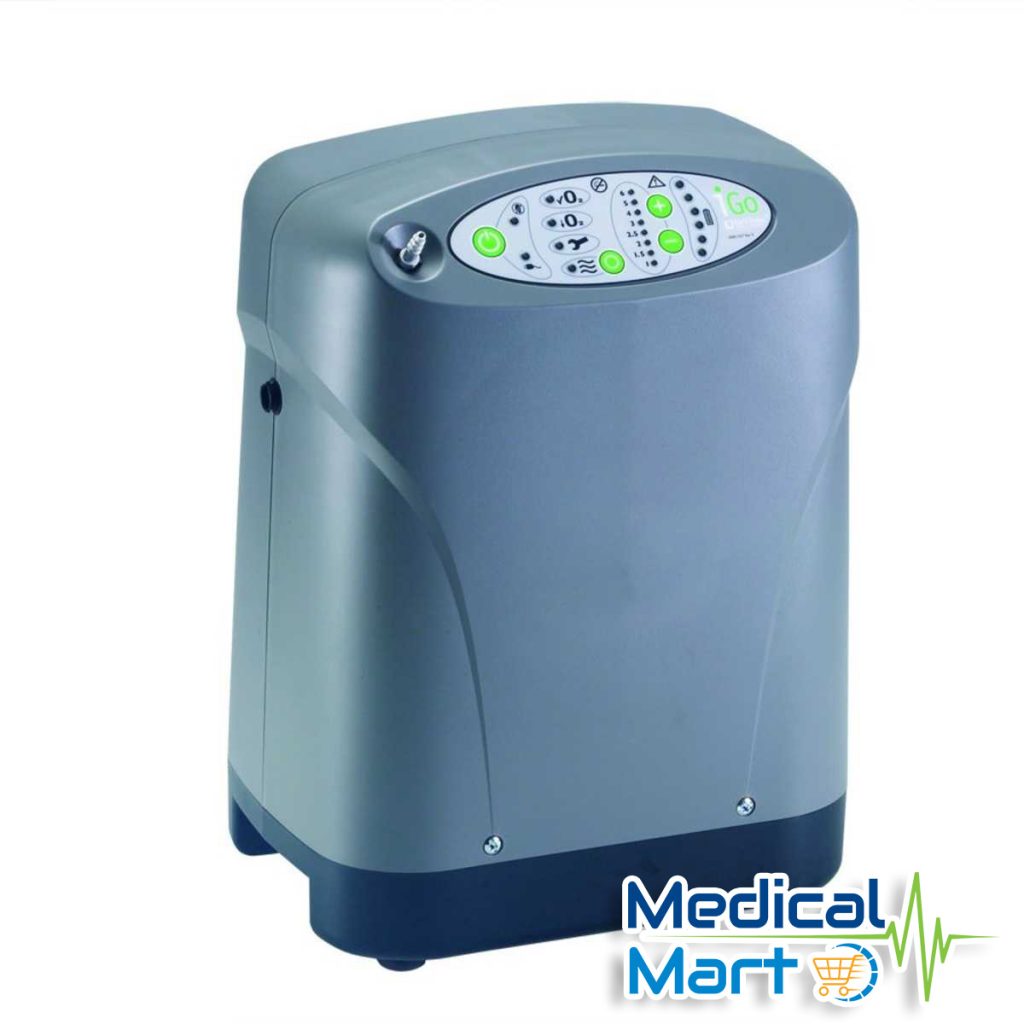
Home Health Monitoring Devices: Depending on the patient’s medical condition, you may need monitoring equipment like a blood pressure monitor, pulse oximeter, glucose meter, or thermometer. These devices allow caregivers to track vital signs and manage chronic conditions.
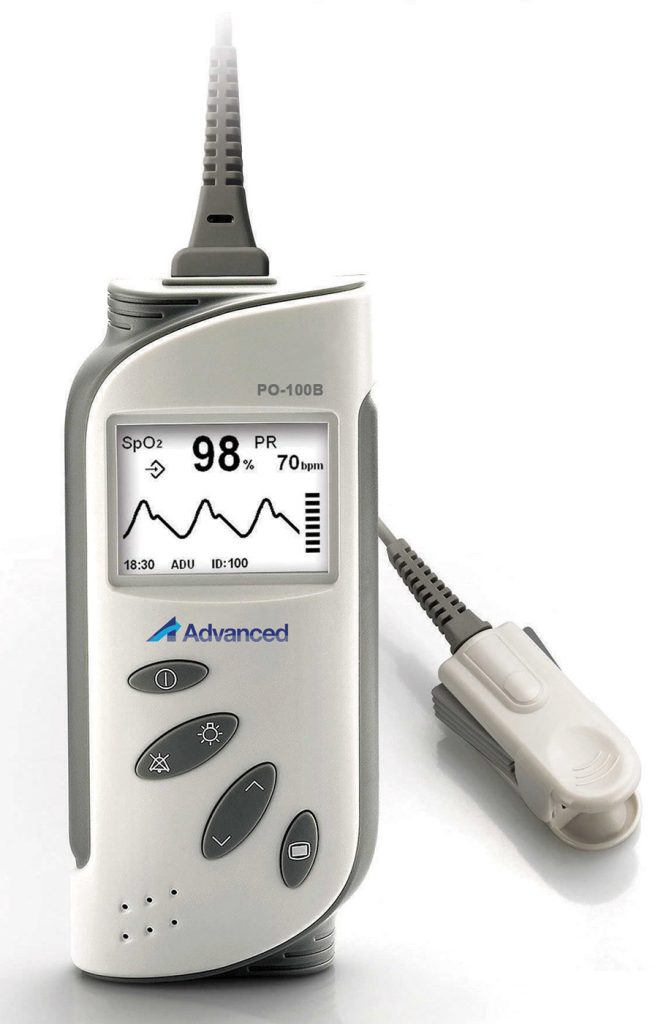
Enteral or Parenteral Nutrition Supplies: Patients who cannot eat or drink by mouth may require enteral (tube feeding) or parenteral (intravenous) nutrition supplies. This can include feeding tubes, infusion pumps, and the necessary supplies for administering and monitoring nutrition.
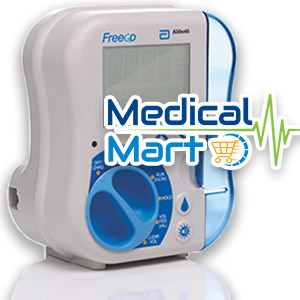
In addition to these items, it’s important to have basic first aid supplies, wound care supplies, and medications, as prescribed by the patient’s healthcare provider. Always consult with a healthcare professional to determine the specific medical equipment needed for the patient’s condition, and ensure proper training and education for caregivers in using and maintaining these devices. Additionally, check with your local medical supply company or healthcare provider to obtain these items, as they may need to be tailored to the patient’s specific needs and prescribed by a healthcare professional.

